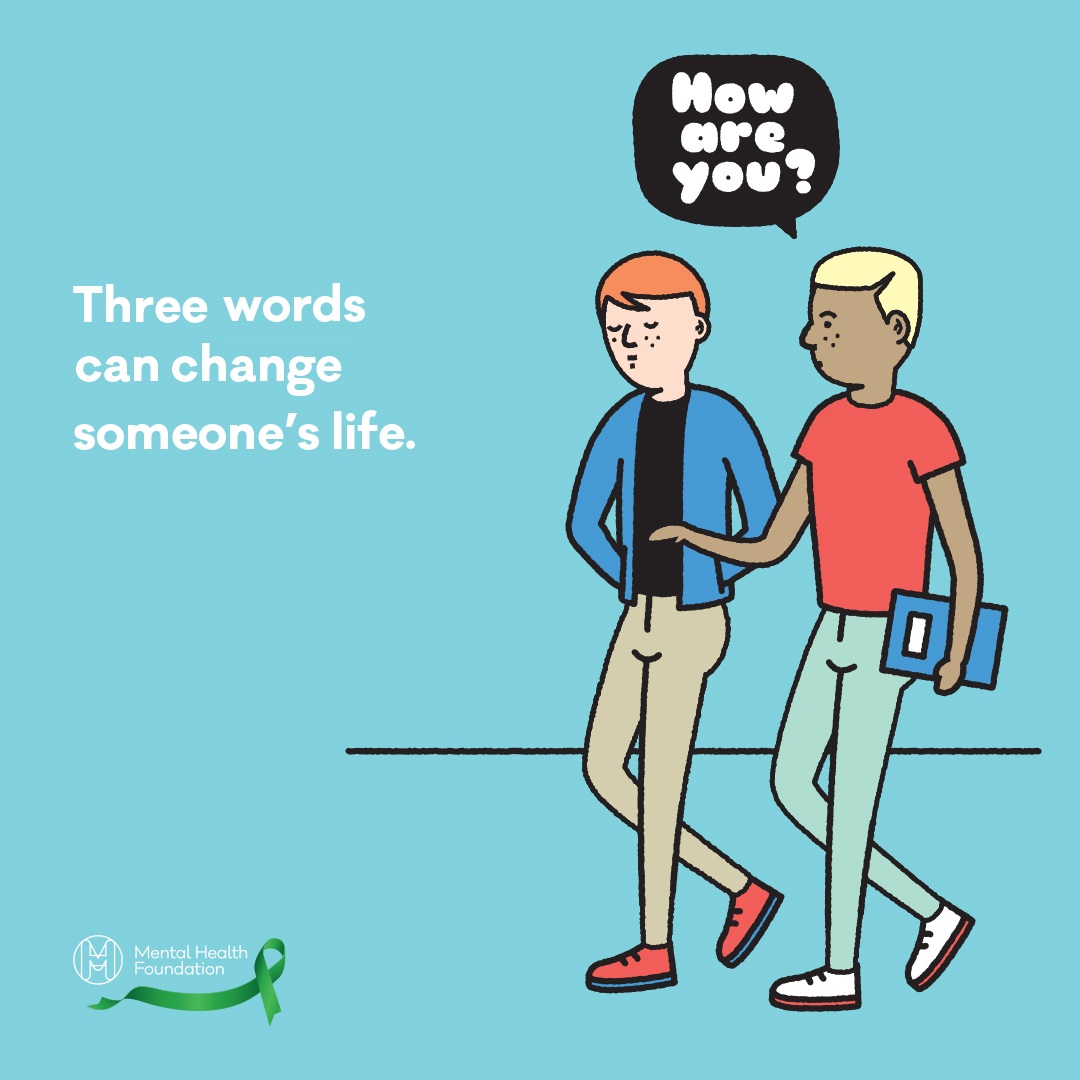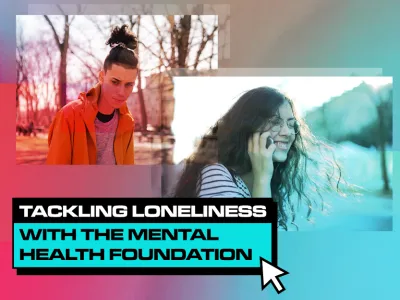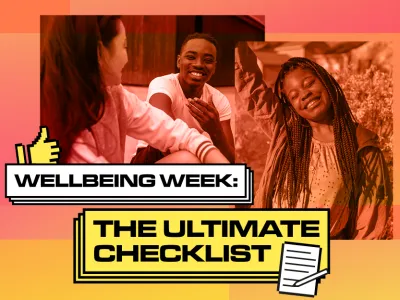
How to protect your mental health
Written by the Mental Health Foundation, who gave us their advice on how to protect your mental wellbeing.
5 min read
A new year can feel like a bit of a fresh start, a time to wipe the slate clean and focus on new goals and aspirations. But it is easy to lose some of that optimism what with the short winter days of January.
That, paired with bad weather preventing us from getting out as much as we might like, and the media talking about ‘Blue Monday’, can make us reflect on our own mental health and wellbeing. It’s first important to note that ‘Blue Monday’ is in fact a myth and that good and bad mental health days happen throughout the year and are individual to us all.
That said, January is as good a time as any to explore our mental health triggers and coping strategies. These will be unique to each of us, but identifying what they look and feel like for you is the first important step.
What is good mental health?
Good mental health includes:
- Being able to learn
- Being able to feel, express and manage a range of positive and negative emotions
- Being able to form and maintain good relationships with others
- Being able to cope with and manage change and uncertainty
What happens to us in life can affect all these aspects of our mental health. Good mental health is not fixed — our ability to do any of these things changes, depending on how we feel.
Signs and symptoms of mental health problems
Difficult emotional experiences can range significantly from mild to serious long-term conditions. Most people who experience mental health problems can get over them or learn to live with them, especially if they get help early on. Changes such as a lack of energy, a change in appetite, or new hallucinations could be signs that someone is struggling with a mental health problem, especially if they are distressing, persistent or interfere with the person’s everyday life. Anxiety and depression are the most common, for details of these conditions and many others check out our A-Z guide.
Tips for looking after your mental health and wellbeing
Obviously, this is just a guide, and not a ‘you must do all of these things to feel better’ type of thing. Take a look and use what works for you!
Develop awareness of your feelings and emotions
Being able to recognise our own feelings can make us more able to build resilience (so we bounce back quicker after difficult experiences) and make us quicker to get help when it is needed. It can help to reflect on how we are feeling, what factors are contributing to us feeling that way and how we maintain or change these feelings. Keeping a journal or doing daily or weekly check-ins is a good way to do this.
Talk about your feelings
Talking things through with someone (this could be a trusted friend, family member or professional) can help us get perspective, to take some time away from the things that are worrying us and to get ideas for new things we can try to manage what’s worrying us. Sometimes, just saying it out loud can help you to process what we’re feeling. Talking to someone can help us to make more informed, positive choices. Talking about how we feel can also encourage those around us to do the same - and have a positive impact on them.
Focus on what you can control
When there's a lot that’s up in the air, a good way to not get overwhelmed is to acknowledge what we can’t control and try not to worry about it. This action plan from Student Space is a great place to start.
Eat well
The way we feel physically can affect how we feel emotionally. Research suggests that a diet rich in fruits, vegetables, fish and whole grains can play a critical role in supporting good mental health.
Keep in touch
Having strong and supportive relationships with those around us is important for our mental health. Making and developing healthy relationships is a two-way street. It is important to be an active and non-judgemental listener to those we care about. In turn it is important that we surround ourselves with those who listen to and support us. Any activity that gets us out of the house and out with others is a great place to start. We can also try to schedule in more time to connect with existing family and friends.

Help others
Evidence shows that helping others is beneficial for our own mental health and wellbeing. It can help reduce stress, improve our emotional wellbeing and even benefit our physical health. Helping others can also create a sense of belonging and reduce isolation. *But always remember to keep an eye on how you’re feeling, and don’t exert all your energy on others...remember to keep some for yourself too!
Keep active
Being active doesn’t have to mean doing sport or going to the gym. Physical activity can be anything that gets your heart rate up and makes you breathe faster. Try to think of how you can include more of this activity in your daily life in ways that you value and enjoy.
Practise gratitude
It can be difficult sometimes to stop and think of the things we are thankful for, especially if things are going wrong or life is particularly stressful. However, there is some research that suggests stopping to take notice of things in our lives we are grateful for can help to change our perspective and make us feel better.
Get closer to nature
Connecting with nature and getting out into green spaces has huge benefits on our mental and physical health. Take a look at Thriving With Nature, a guide we made with WWF to help everyone get the most out of the green spaces nearby. This is also a great way to connect with friends, while we can’t socialise indoors.
Finding help and support
Knowing where to start in finding mental health support can be daunting. The Mix offers free information and support to under 25s. For more information on accessing mental health support including how to speak to your GP, check out this article.




